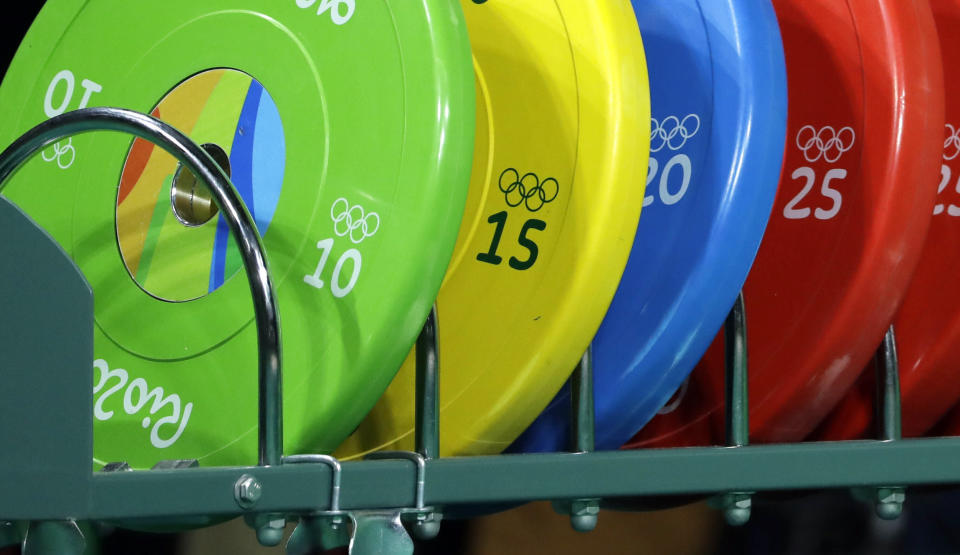Powerlifting Federation president feels 'duped' after transgender lifter competed in women's division

The president of a powerlifting federation that ran a meet near Charlottesville, Virginia, on April 27 said he feels “duped” that a woman who competed the women’s categories in the event is transgender.
Mary Gregory competed in nine events as the only woman in the women’s masters division. Gregory, 44, made the gender transition to a woman in 2018.
“She put down female. Clearly, she’s not a female,” Paul Bossi, the president of the 100% Raw Powerlifting Federation told the Washington Post. “Not biologically anyways.”
“In our rules, we go by biological,” he said. “According to the rules, she can only lift in the men’s division. … I’m not trying to hurt anyone’s feelings but I have to follow the rules.”
Officials acted after post-event drug test
Event organizers found out that Gregory was transgender because she was the only person in her lifting class and therefore considered the event winner. All event winners undergo post-event drug tests because the raw federation does not allow drug or equipment use by any of its lifters.
After event organizers found an issue with Gregory’s first unsupervised sample, they approached her.
“They said there was a problem with the sample. ‘We need another one, but this time we need to watch you,’” Gregory recalled. “It was a female referee. I told her, ‘This is kind of awkward. My anatomy doesn’t match who I am. But if that’s what you need to do, fine.'”
All of her nine lifts were subsequently invalidated by the federation after the drug test.
Caster Semenya lost testosterone-related appeal to IAAF on May 1
The federation’s issues with Gregory’s identifying gender comes at roughly the same time as two-time Olympic gold medalist Caster Semenya lost her appeal with the International Association of Athletic Federations.
Semenya’s body naturally produces more testosterone than the typical woman. The week after Gregory’s meet, Semenya lost her appeal of an IAAF decision that said women with elevated testosterone levels must take drugs to suppress the testosterone.
Gregory has been lifting for four years and said she started to see her lifts immediately go down significantly when she started hormone therapy upon her transition to becoming a woman because of her suddenly suppressed testosterone levels and elevated estrogen levels.
While she didn’t put up weightlifting numbers that would have rivaled those she could have done as a 44-year-old man, Gregory’s situation does, at the very least, put a spotlight on the issues that transgender athletes face.
No transgender competitor wants to be placed in the division of the gender he or she transitioned from for incredibly understandable reasons. But federations like the powerlifting one that presided over her lift aren’t prepared to handle transgender competitors. Hopefully her situation will spur other governing bodies to prepare for transgender competitors so others don’t have to go through the same things.
– – – – – – –
Nick Bromberg is a writer for Yahoo Sports.
More from Yahoo Sports:


